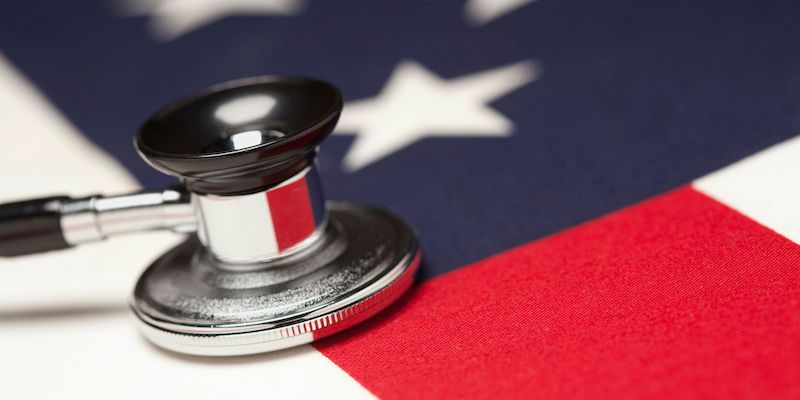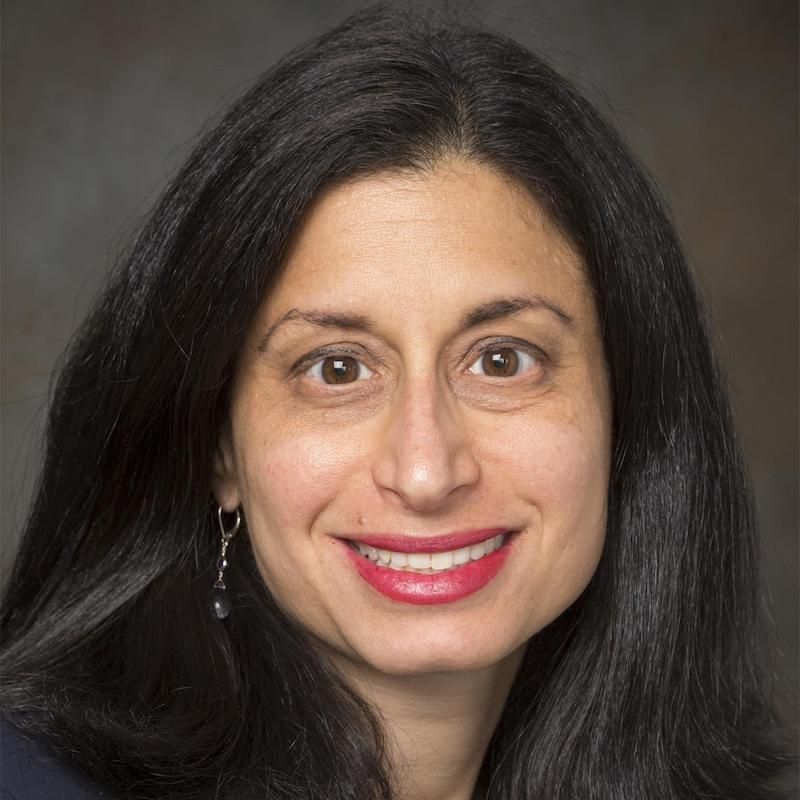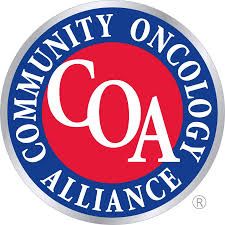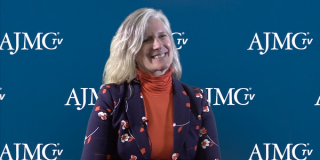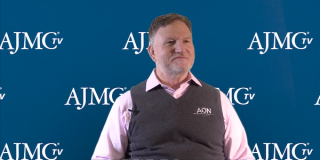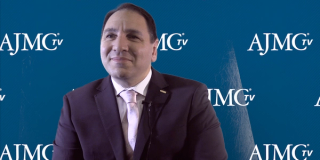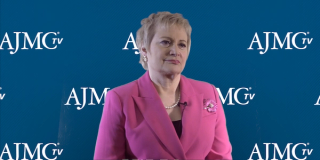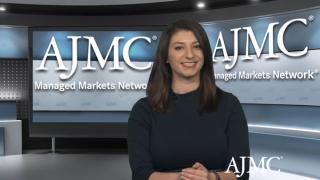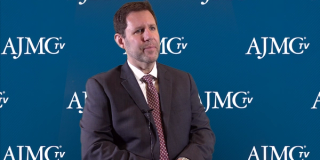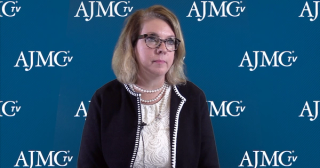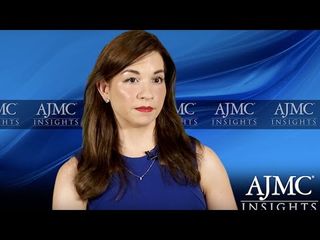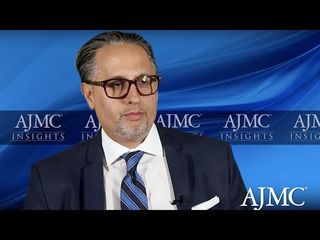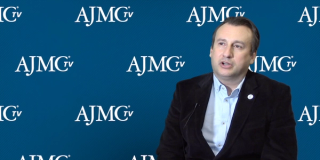
Oncology
Latest News
Latest Videos
CME Content
More News
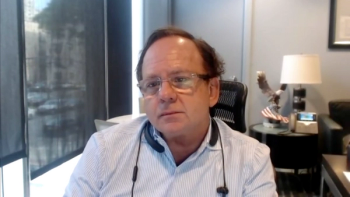
Andre Goy, MD, chairman, director, and chief of the Division of Lymphoma at John Theurer Cancer Center in Hackensack, NJ, discussed the potential benefits of using CAR T-cell therapies as a second-line treatment.
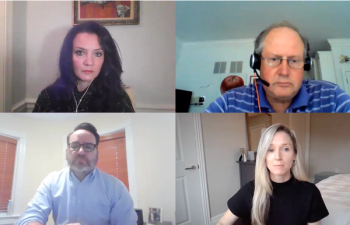
Experts in cancer care and payment discussed the future of oncology care in a panel discussion hosted by Avalere Health on October 21, 2020.
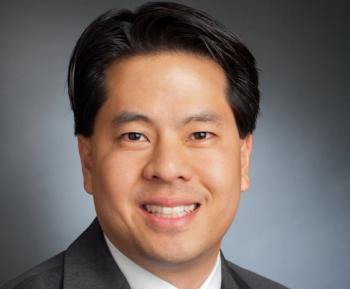
At Dana Farber Cancer Institute, essential steps to developing clinical pathways include engaging physicians to buy-in, finding the optimal platform to store data, and displaying resulting content in a supportive and efficient way.

A study and accompanying editorial from the Journal of Clinical Oncology found that Hodgkin lymphoma survivors still face a higher risk of non-cancer death than the general population.
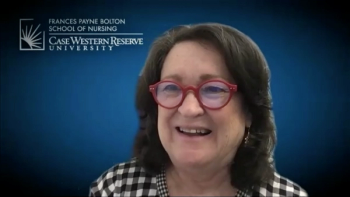
Distance caregivers have unique needs, explained Sara L. Douglas, PhD, RN, the Gertrude Perkins Oliva Professor in Oncology Nursing, associate dean for research, the Frances Payne Bolton School of Nursing, Case Western Reserve University.
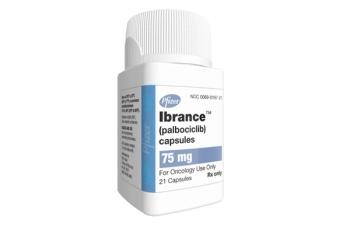
Natera’s Signatera ctDNA test will determine study eligibility and treatment effectiveness in HR-positive, HER2-negative breast cancer patients.

Addressing gaps in testing and education within precision oncology can assist in improving access to patients of color and other underserved populations.

Throughout the United States, counties experiencing persistent poverty have disproportionately higher rates of cancer mortality, according to a study published in Cancer Epidemiology, Biomarkers & Prevention.
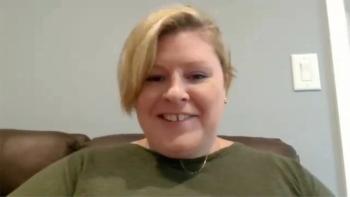
Form will determine in which patient populations, and why, a vaccine is not indicated for administration, said Maura Abbott, PhD, AOCNP, CPNP, RN, assistant professor of nursing at the Columbia University School of Nursing.

Speakers at Patient-Centered Oncology Care® highlighted injustices in the US health care system, the risk of financial toxicity, and how providers can do a better job to ensure their patients achieve health equity, during a panel discussion.
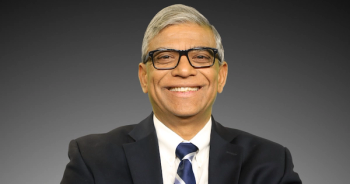
The uncertainties precipitated by the coronavirus disease 2019 (COVID-19) pandemic around cancer care delivery are a challenging topic to be further addressed at this year’s Patient-Centered Oncology Care® 2020 virtual meeting.
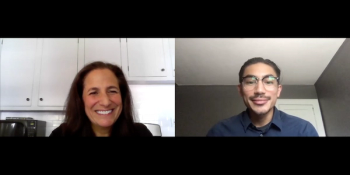
Through risk stratification and identifying social determinants of health, oncology practices are monitoring the direct and indirect effects of the pandemic, noted Jenifer Leaf Jaeger, MD, MPH, senior medical director of HealthEC.
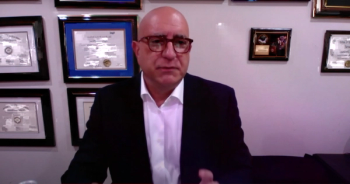
Through this year's virtual format for Patient-Centered Oncology Care® 2020, participants will be able to attend sessions, ask questions, and gain insight in an immediate, efficient way.

Patients with advanced colon cancer who drank 4 or more cups of coffee a day had 36% improved survival odds.

Although innovations in cancer treatment have driven down overall cancer death rates and increased the number of survivors living with cancer, that progress has not benefitted everyone with cancer equally.

Drs Joseph Alvarnas and Kashyap Patel, co-chairs of Patient-Centered Oncology Care® 2020, discuss what attendees can look forward to at the September 25 meeting.

A vaccine isn’t the panacea many assume it will be. Even when it becomes available, the virus won’t go away. Real world evidence will be needed to guide decision making.
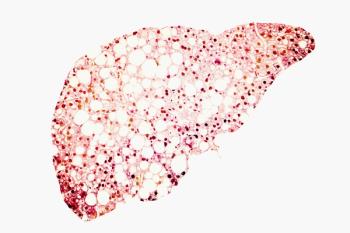
Hepatocellular carcinoma is rising, and so is the need for increased awareness and use of palliative care, say the authors of a recent review.

NCCN added tafasitamab plus lenalidomide to their oncology practice guidelines for patients with relapsed or refractory DLBCL not otherwise specified.
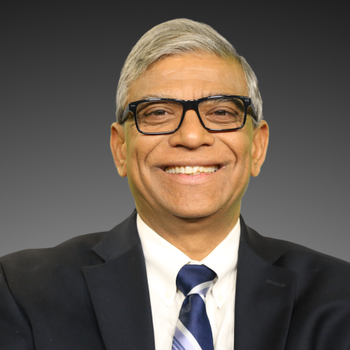
Kashyap Patel, MD, CEO of Carolina Blood and Cancer Care, associate editor of Evidence-Based Oncology, and vice president of the Community Oncology Alliance, discusses his new book.

A recent survey showed the disruption in cancer care as a result of the pandemic is worrying professionals who provide psychosocial support to patients.

Proposed CMS rules would make it easier for state Medicaid programs to smooth the way for value-based contracts for high-cost gene therapies.
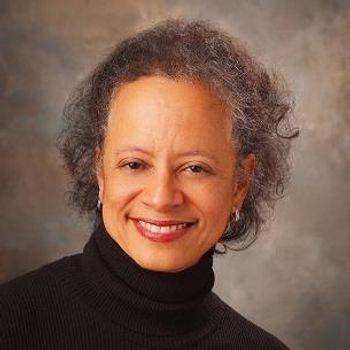
As the American Society of Clinical Oncology calls for more aggressive efforts to bring equity to cancer care, authors in JAMA Oncology say COVID-19 is creating wider gaps.
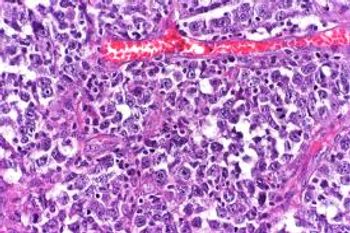
A new treatment option is approved for patients with a common form of non-Hodgkin lymphoma who cannot have an autologous stem cell transplant.

The American Oncology Network, LLC, has added 5 medical oncologists to its Executive Committee.
